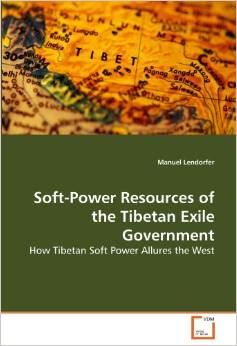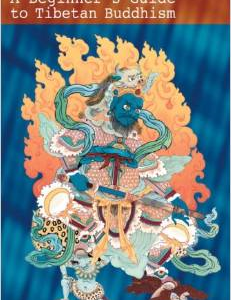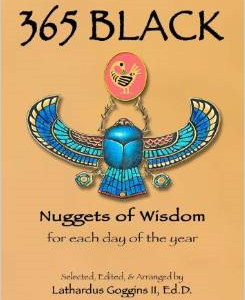Description
The Tibetan Government in Exile (TGE) has been remarkably successful in internationalizing its agenda and mobilizing Western support for its exile struggle. This achievement is based on the TGE’s soft power: the ability to attract and co-opt others for it’s own purposes. In analyzing the soft-power resources of the TGE in the international context, two central research questions are addressed: What are the soft-power resources of the Tibetan exile government? And: How has the TGE’s soft power contributed to the achievement of its objectives? The soft-power resources of the TGE are presented on three levels: The Myth of Tibet; the charismatic personality of the 14th Dalai Lama; and values represented by the exile government which are widely shared in the West: environmentalism, human rights, democracy, women’s rights, and values associated with Tibetan Buddhism. While this soft power has contributed to the achievement of some of the TGE’s objectives, it has ultimately led neither to a substantial improvement in the Tibetan situation, nor to the achievement of the overriding objective: a status of genuine autonomy for Tibet.






Reviews
There are no reviews yet.